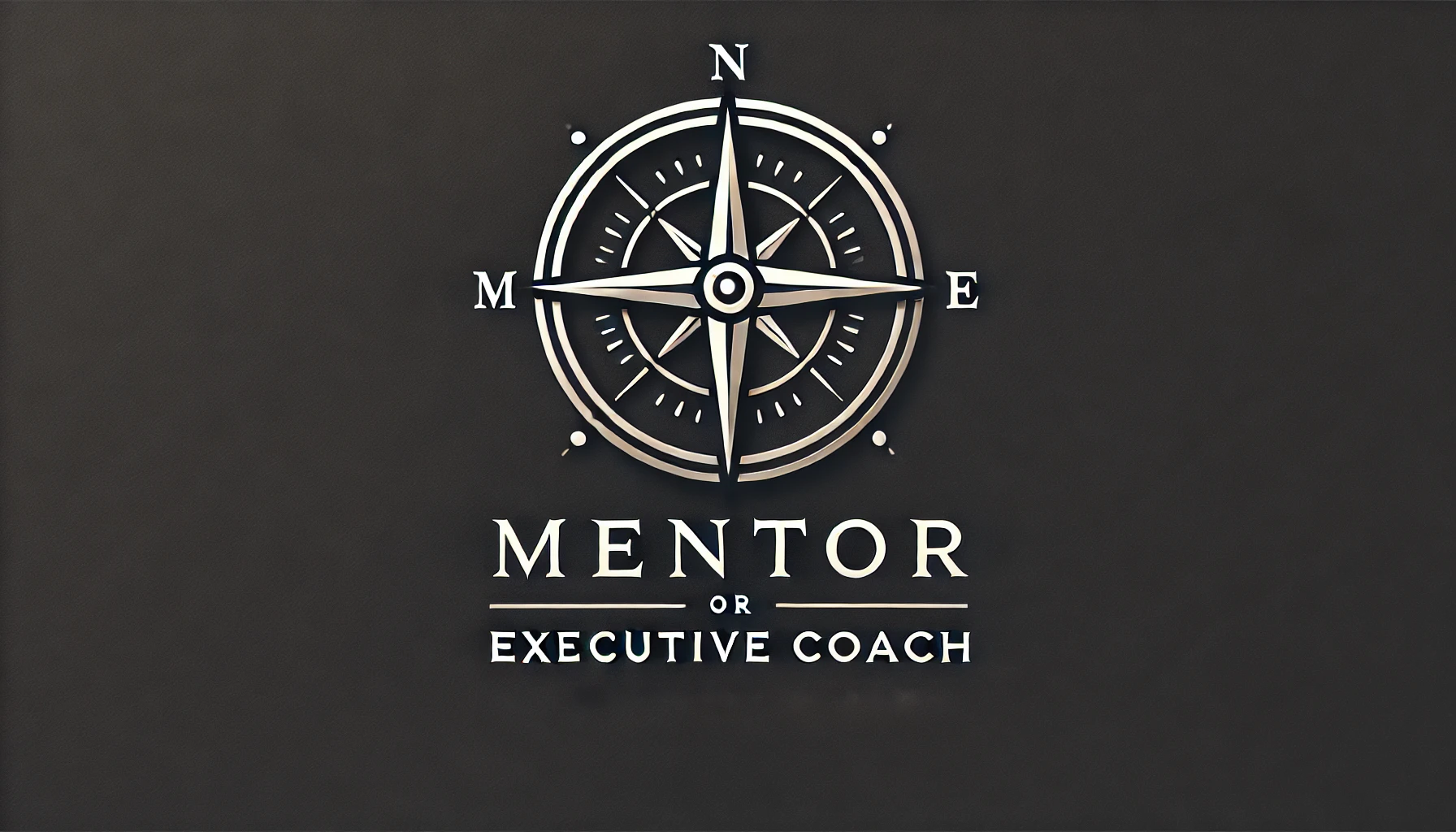
The demand for great leaders is high in today’s fast-changing corporate world. As organizations seek to innovate, the need for inspiring leaders is imperative. They must navigate complexity and drive results. But how do these leaders get the guidance they need to reach their full potential? This blog will explore the roles of an executive coach and a mentor in developing leaders. Both are vital, but they serve different purposes. Knowing these differences can help leaders choose the right path for growth.
Tell Me What You Did or Ask Me What I Want?
Becoming an effective leader often requires clarifying the path. Should one seek an executive coach or a mentor? Misunderstanding of roles sparks flawed decisions, neglecting the leaders’ needs.
An executive coach focuses on discovering and using your true capabilities. They provide a personalized, focused approach. They ask provocative questions. A skilled coach helps you dig deep, uncover blind spots, and build your skills to thrive. A master coach can impart insights from the total wisdom of former clients. The relationship is about your goals, challenges, and growth.
A mentor is someone who has been there before. They share wisdom from their own experience. They offer advice, insights, and support based on what they’ve seen and done. The relationship is more about learning from their journey.
Bring in the Coach
Choose an executive coach when you need transformation. For complex challenges or skill improvement, a coach is your best bet. They provide the structure, accountability, and expertise to help you make significant strides.
Go Down the Hall
Choosing a mentor is ideal when looking for guidance through familiar terrain. A mentor can offer valuable insights. They can help you navigate a path that someone else has walked. And they can provide a seasoned leader’s perspective.
In short, an executive coach is your partner in change. They will push you to reach new heights. A mentor shares the wisdom of their experience. Both are invaluable, but the choice depends on your needs as a leader.
Choose Well
Sometimes, you don’t have to choose, as many of my clients have a mentor or two to engage with for specific advice. They use my partnership to find insights, create a plan, and be accountable for the new learning. How to choose well:
- Assess Your Needs: Consider your goals and challenges before choosing your guide. Are you looking for help with development, growth, or insights? Do you need feedback from stakeholders on performance and blind spots? Understanding your needs is the first step in selecting the proper support. You can use your HR Business Partner or a trusted peer to help you be thoughtful and honest about your needs.
- Explore Executive Coaching: To improve your leadership, consider an executive coach. They can provide a fresh perspective and gather confidential stakeholder feedback. Interview three people. Find one who can offer a tailored approach that resonates with your situation.
- Integrate Learning: Whatever path you choose, apply the insights you gain. Leadership development is ongoing. The real impact comes from using new ideas and strategies in daily leadership.
The Master Wisdom Key
In the quest for leadership excellence, the choice of guide can make all the difference. Recognize the unique roles of executive coaches and mentors. Match their strengths with your needs to maximize growth.
Choosing the right guide isn’t about convenience. It’s about finding one who will challenge you to be your best.
Questions? Let’s connect now.
